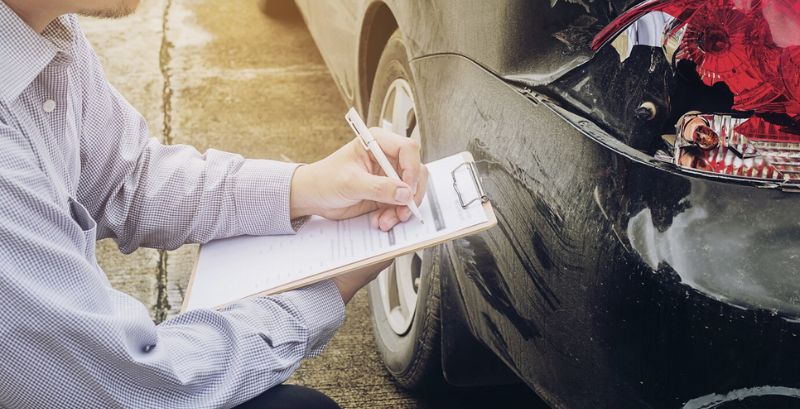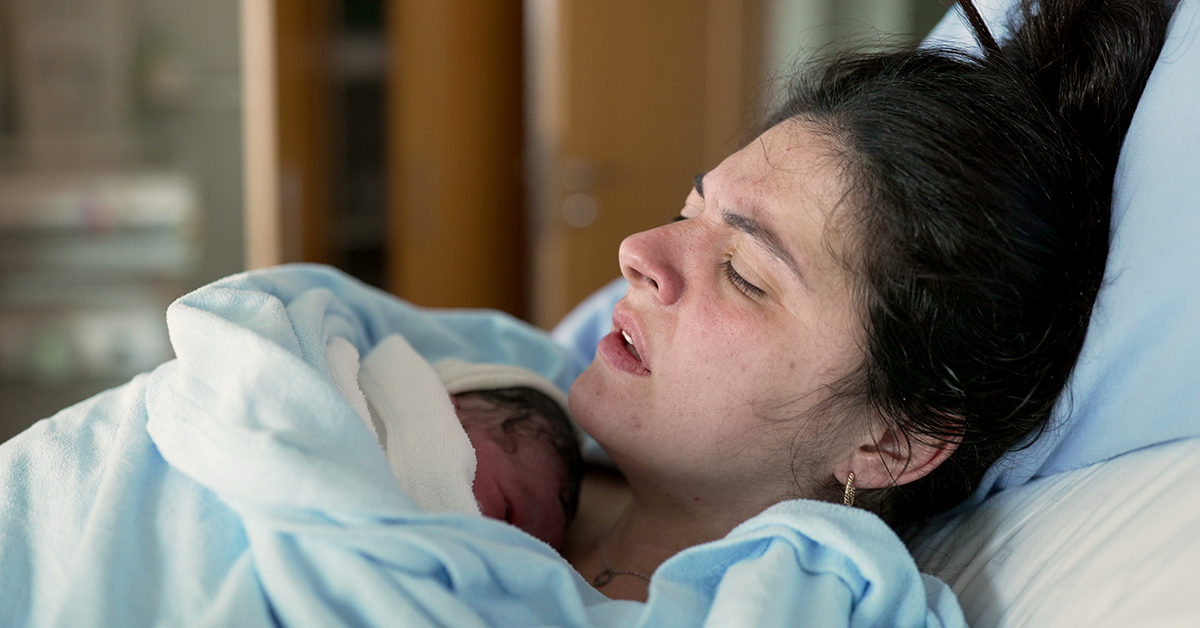Boston is a beautiful, vibrant city with a rich history and diverse culture. However, accidents can happen anywhere, anytime, and Boston’s car accidents are no exception. Unfortunately, these accidents are common in and around the Boston metro area.
A sudden car accident in this busy city can leave you feeling shaken and unsure of what to do next. However, with the help of dedicated boston car accident attorney, you can take vital steps to protect your rights and seek the compensation you deserve.
According to reports, car accidents remain a significant cause of fatalities in the United States. The National Highway Traffic Safety Administration revealed that in 2021, there were 42,915 fatalities resulting from traffic crashes, marking a 10.5% rise from the 38,824 deaths recorded in 2020.
Whether you’re a local or a visitor, knowing what to do after a car accident in Boston is essential to ensure peace of mind, safety, and a smoother path forward. Let’s outline the essential steps to take after a car accident in Boston, with insights from legal experts and trusted resources.
1. Ensure Safety First:
The first priority after a car accident is ensuring your safety, that of your passengers, and others involved. If possible, move your vehicle to a safe location away from traffic. This will help prevent further collisions.
Even if you are not at fault, Boston law requires you to stop at the scene of an accident. If you’re involved in a car accident where someone gets hurt or their property gets damaged, it’s essential to stop and give your identification and insurance information. Failing to do so can lead to serious criminal charges.
Also, make sure to turn on hazard lights and, if necessary, use warning triangles or flares to alert other drivers. Check for injuries and call emergency services immediately if anyone requires medical attention.
2. Report the Accident:
In Boston, drivers are required to report car accidents to law enforcement if they result in injury, death, or property damage exceeding $1,000. Contact the Boston Police Department or Massachusetts State Police to report the accident and obtain an official police report. This report will be crucial for insurance claims and legal proceedings.
3. Seek Medical Attention:
Even if you do not initially feel injured, seeking medical attention as soon as possible after a car accident is essential. Some injuries, such as whiplash or internal bleeding, may not show symptoms immediately but can worsen over time.
Following up with healthcare also helps you get medical documents or reports that you can use to strengthen your case.
4. Document the Scene:
If you are at a location where it may take the police time to reach, it is better to document the scene. Once everyone is safe, document the accident scene by taking photographs or videos from multiple angles.
Capture the position of vehicles, damage to vehicles, road conditions, and any relevant traffic signs or signals. However, it’s best not to admit fault or discuss the specifics of what happened. This can help protect you if any legal issues arise from the accident.
5. Notify Your Insurance Company:
One of the best ways to strengthen your car accident claim case and get the best compensation for your loss and injury is to contact your insurance company as soon as possible. This must be done to report the accident and initiate the claims process.
Provide them with accurate and detailed information about the accident, including the names of other drivers involved and any witnesses. Be cautious when communicating with insurance adjusters, and avoid making recorded statements without consulting a Boston car accident attorney.
6. Consult with a Car Accident Lawyer:
If you’ve been in a car accident, a good accident claim lawyer can help you in many ways. They can make sure you’re treated fairly, negotiate with insurance companies, and help you get paid for things like medical bills and lost wages, pain and suffering, and other damages.
Professional lawyers can also help you understand the rules and time limits that apply to car accidents in Boston, which can be really confusing. By hiring an attorney, you can make sure you get the support you need to fight for your rights.
7. Preserve Evidence:
The evidence related to your accident case plays a vital role in making your case stronger as well as weaker. Preserve any evidence related to the car accident. This can be medical records, repair estimates, and correspondence with insurance companies.
Keep copies of all documents and receipts in a secure location, as they may be needed to support your insurance claim or legal case.
Having a lawyer by your side makes it easy for you to collect the evidence and further use it at the right time and in the right way. Also, refrain from posting about the car accident on social media, as insurance companies and opposing parties may use this information against you.
8. Follow Up and Follow Through:
Throughout the recovery process, follow up with healthcare providers, insurance companies, and your car accident lawyer to ensure that your needs are being addressed and your rights are protected.
Attend all scheduled appointments, cooperate with investigations, and provide any additional information or documentation requested. Stay proactive and engaged in resolving your case to achieve the best possible outcome.
9. Consider Alternative Dispute Resolution:
Sometimes, when people get into a car accident and need to settle a claim, there are ways to do it that don’t involve going to court. These methods are called “alternative dispute resolution,” they can be faster and less stressful than going through a trial. Basically, a neutral third party helps both sides talk through the issues and come up with a solution that everyone can agree on.
If you’re in a car accident and you’re trying to figure out how to settle your claim, you might want to talk to a lawyer about whether alternative dispute resolution could work for you. It could help you get things taken care of more quickly and with less conflict.
10. Stay Informed and Educated:
Throughout the aftermath of a car accident, stay informed and educated about your rights, responsibilities, and case progress. Stay in regular communication with your car accident lawyer, ask questions, and seek clarification on any aspects of the legal process you do not understand.
You can make informed decisions and ensure your interests are effectively represented by staying informed and actively participating in your case.
Final Thoughts
Navigating the aftermath of a car accident in Boston requires a proactive and methodical approach. By following these essential steps and seeking guidance from experienced legal professionals, you can protect your rights, ensure your safety, and pursue fair compensation for your injuries and damages. Remember, you do not have to face the aftermath of a car accident alone. You can consult professional accident claims lawyers to guide you through every step of the process.
If you’ve been involved in a car accident in Boston and need expert legal guidance, don’t hesitate to contact us at Swartz & Swartz, P.C.
Our team of experienced accident claims lawyers are here to help you navigate the complexities of your case and ensure you receive the compensation you deserve.
Contact us today for a free consultation to discuss your situation and learn how we can assist you in protecting your rights and securing the best possible outcome. Your recovery starts with us.
Need Help?
If you or someone you know, needs help from a lawyer, contact the law offices of Swartz & Swartz, use our live chat, or send us a message using the form below and we’ll get in touch to assess your case and how we can help. For more information, contact Swartz & Swartz, P.C. today!
Keep Reading
Want more? Here are some other blog posts you might be interested in.




